Diesel and gasoline prices drop in early 2020, but diesel drops substantially less
Green Car Congress
MAY 1, 2020
Although both diesel and gasoline are made from oil, the trends in their prices do not always go in parallel. While personal driving (which uses primarily gasoline) is down greatly because of various stay-at-home mandates, commercial truck transport (which uses primarily diesel) has been substantially less affected.


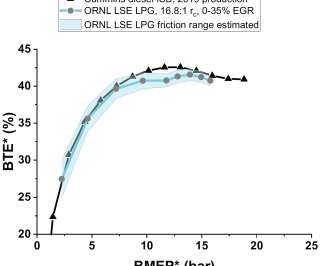

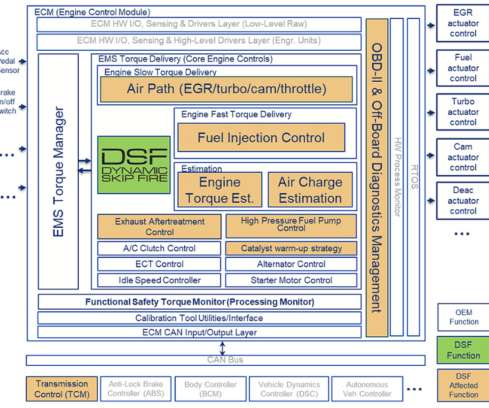



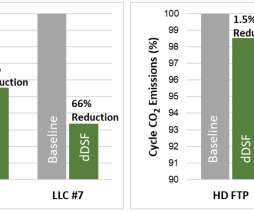






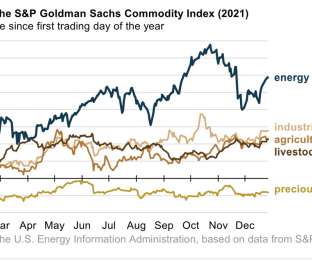

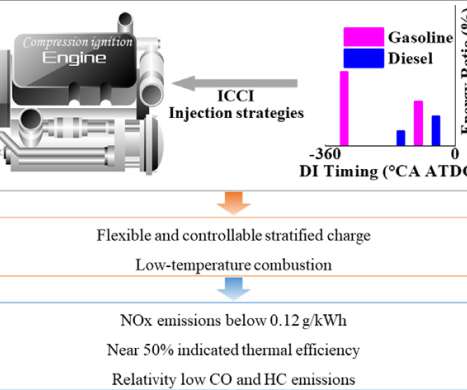





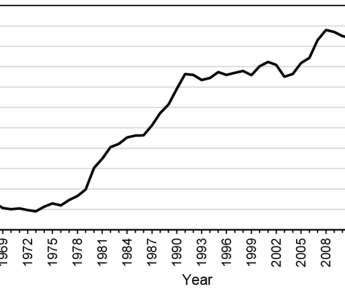













Let's personalize your content